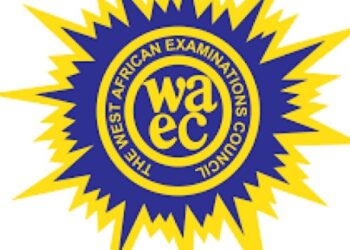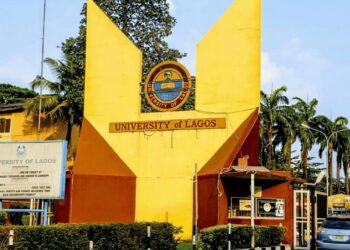The Federal Government has set an ambitious target to transition all examinations in Nigeria to 100% computer-based testing (CBT) by 2027.
This announcement was made by the Minister of Education, Dr. Tunji Alausa, during the inauguration of the Committee on the Improvement of Quality Examinations in Abuja on Thursday.
The minister emphasized the government’s commitment to combating widespread examination malpractice and enhancing the credibility of Nigeria’s education system. He acknowledged that the issue of exam malpractice involves multiple stakeholders, including students, parents, teachers, principals, and exam supervisors.
“To tackle this menace, we must adopt a holistic approach,” Dr. Alausa stated. “Parents often enable malpractice by supporting their wards, while some teachers, school administrators, and even regulators compromise examination processes. This is why we must leverage technology to eliminate these vulnerabilities.”
Dr. Alausa outlined the key responsibilities of the committee, which include:
Preventing examination leakages and malpractice.
Addressing identity theft during examinations.
Improving supervision and regulation of exams.
Transitioning all examinations to computer-based formats by 2027.
The minister also announced a major reform to enhance the security of examination certificates. Starting with the next WAEC, NECO, and NABTEB examinations in May-July, certificates will feature three key identifiers: the candidate’s National Identification Number (NIN), photograph, and date of birth. These measures aim to ensure authenticity and prevent result falsification.
“By introducing these identifiers, we can achieve near 100% certainty in candidate identification and significantly curb malpractice,” he added.
The Federal Government’s commitment to education under the Bola Tinubu administration includes substantial investment in human capital development, a key enabler of the CBT transition and other reforms.
In his response, the chairman of the newly inaugurated committee, Prof. Is-haq Oloyede, expressed gratitude for the trust placed in him and the other members of the committee. Prof. Oloyede, who is also the Registrar of the Joint Admissions and Matriculation Board (JAMB), pledged to diligently execute the national assignment.
“This is a critical step in reforming our education system. We will work tirelessly to deliver on our mandate and restore integrity to examinations in Nigeria,” he assured.
With the Federal Government’s roadmap and the committee’s efforts, the transition to 100% computer-based testing is expected to revolutionize Nigeria’s examination system and secure a more credible future for the education sector.



















































































 EduTimes Africa, a product of Education Times Africa, is a magazine publication that aims to lend its support to close the yawning gap in Africa's educational development.
EduTimes Africa, a product of Education Times Africa, is a magazine publication that aims to lend its support to close the yawning gap in Africa's educational development.